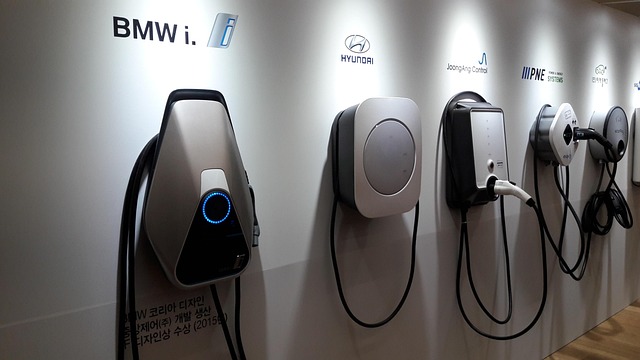In recent years, the conversation surrounding sustainable transport has gained significant momentum, particularly when we shift our focus to rural development. The introduction of electric cars into rural areas is not merely a technological advancement; it’s a fundamental step towards enhancing the quality of life for many communities that have long been overlooked. The electric car represents not just a mode of transportation but a beacon of hope for sustainable growth.
Rural areas often face challenges such as limited public transport options, longer travel distances, and high fuel costs. These limitations can isolate communities and stifle economic development. By embracing electric cars, these regions can redefine their transport systems. Electric vehicles (EVs) provide an eco-friendly alternative to traditional gasoline-powered cars, reducing air pollution and contributing to cleaner, healthier environments.
Moreover, the shift towards electric cars aligns perfectly with the principles of transport sustainability. By reducing dependence on fossil fuels, electric cars lower greenhouse gas emissions significantly, which is crucial in combating climate change. For towns and villages that rely on agriculture or tourism, cleaner air can lead to better crop yields and attract more visitors. The integration of EVs into rural transport systems could also spawn a new local industry focused on EV maintenance and charging infrastructure, creating jobs and stimulating local economies.
Furthermore, the affordability of electric cars is constantly improving, making them more accessible for rural residents. As battery technology advances, the cost of EVs is projected to drop, allowing more families and businesses to invest in this sustainable future. This, coupled with government incentives and funding for renewable energy projects, sets the stage for a radical transformation in how rural communities approach mobility.
It’s essential to recognize the potential of electric cars to bridge the urban-rural divide. Urban centers often receive the earliest benefits of technological advancements, but electric cars can bring those same benefits to rural populations. Charging stations can be strategically placed along highway routes and even in localities, ensuring that access to electric mobility is enhanced in less densely populated areas. Imagine a network of solar-powered charging stations along rural roads, fostering a vibrant ecosystem of sustainably powered transport while providing energy security to these communities.
Moreover, community-based initiatives that involve locals in the planning and implementation of electric transport solutions will ensure that these projects are tailored to meet the specific needs of each area. By involving residents in decision-making processes, solutions can be crafted that address unique challenges while fostering a sense of ownership and pride in sustainable practices.
As rural areas embrace electric cars, the journey towards transport sustainability is set to empower communities. From improving local economies to enhancing mobility options, the sustainable future of electric cars in transport is more than just a trend—it’s a movement towards creating lasting, positive changes that resonate through rural development efforts.




